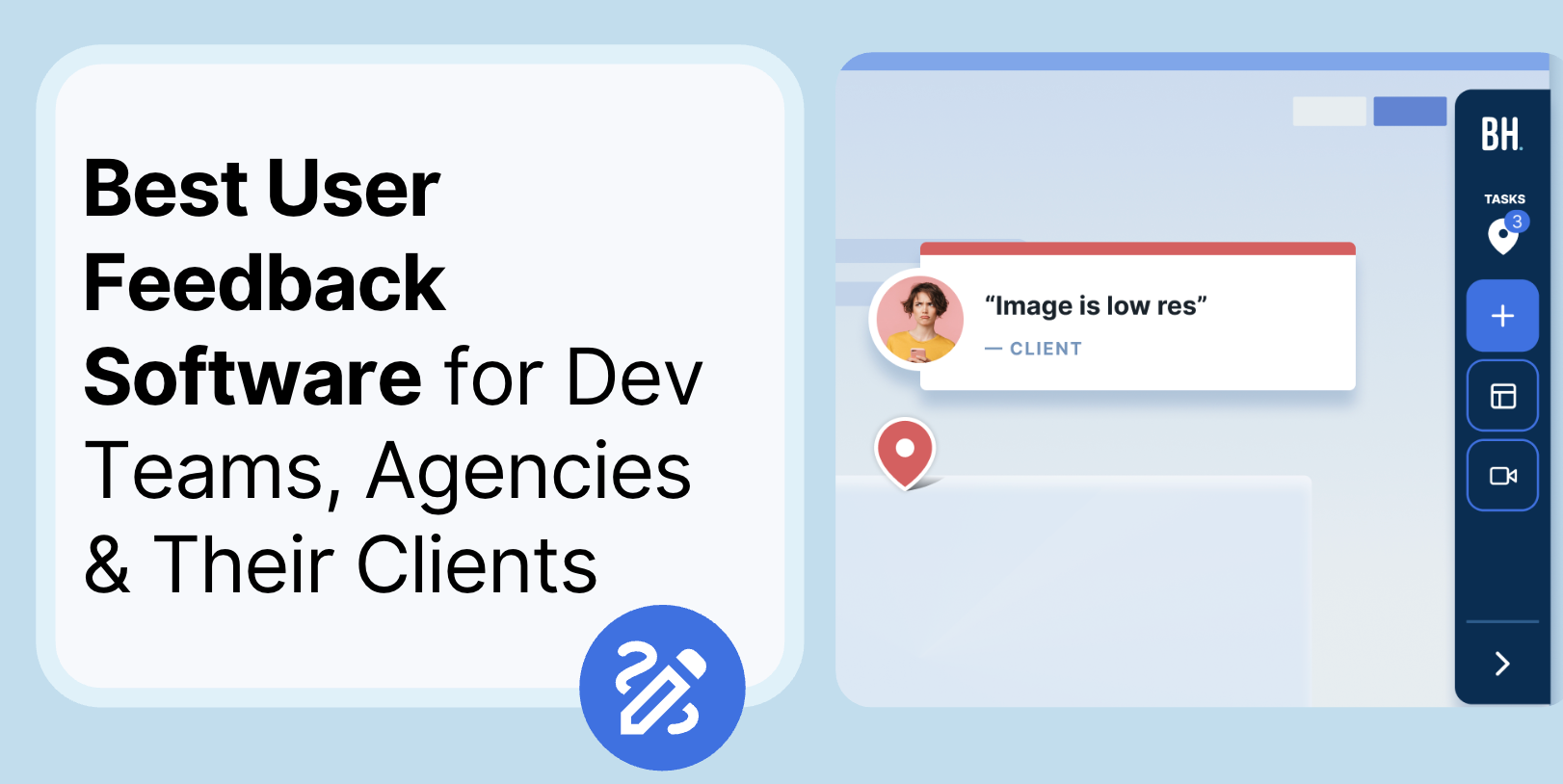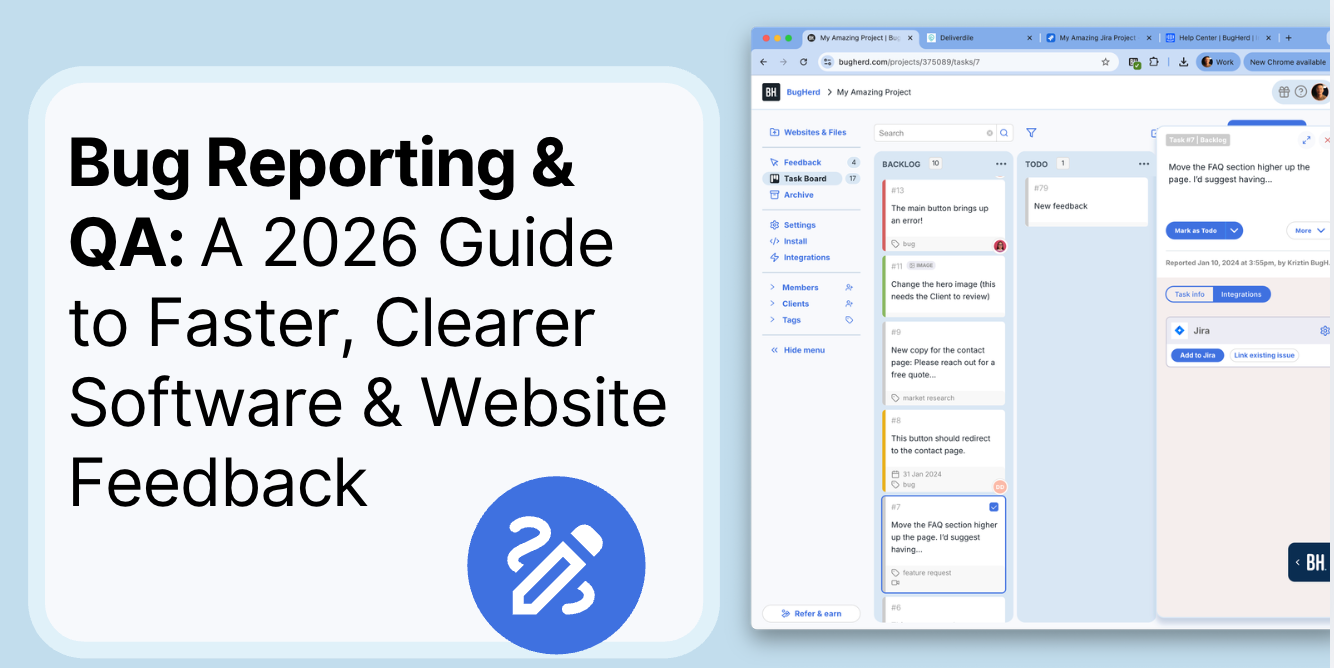As a tech startup we love to help out others in the same position. Any startup's strength is in how quickly it can innovate over its competition. Larger, more established companies may have a wealth of resources at their disposal, but are slow to adapt to new business practices, trends and technology. Larger companies are aware of these changes, but are too mired in administrative difficulties to exploit them in a timely and effective fashion. BugHerd helps startups to intuitively keep track of their web development, allowing them to iterate faster, hit their growth targets and save the world.
Introducing ScriptRock
ScriptRock is a godsend to anyone maintaining the kind of complex system found in any large enterprise. These systems are incredibly complicated, constantly changing and often poorly documented. ScriptRock keeps your system-wide configuration in one place, keeping track of all the directories, accounts, config files and network connectivity. With ScriptRock, you'll know if your changes have broken something, and more importantly, you'll know exactly what went wrong.Mike Baukes and Alan Sharp-Paul, the founders behind ScriptRock, are very familiar with the breakneck pace of startup development. In January 2012 ScriptRock was accepted into the Australian seed fund StartMate, and only six months later, it raised $1.2 Million in angel funding from investors including PayPal co-founder/billionaire Peter Thiel.Wehad a chance to catch up with Mike and chat about how ScriptRock is using BugHerd.
What led you to BugHerd? What problems were you encountering that lead you to sign up, and what did BugHerd replace?We'd heard about BugHerd from StartMate - they went through the 2011 round, the one before us. Everything was done manually then. We'd be writing really long emails to each other detailing exactly where the problem was and what needed to happen. And going through email every time we wanted to check on the status of a bug was tiring. Between marketing, design and development, sometimes an issue wouldn't be followed up on because it would be too difficult to get the right kind of information about it from who'd reported it. BugHerd essentially fixed this for us.In what ways? How did BugHerd solve this?The best thing about BugHerd is just how easy it is. Instead of writing long emails, you can just tag any element on your site with a note if it breaks, or you want to change something. Marketing and design could use it just as well, and it didn't matter if they didn't include stuff like what browser they were using because the tool just records all that for them. The toolbar is also good because you don't even need to change window from your site; we can manage all the tasks for ScriptRock on the site itself.So how much time do you think you have saved? Are there any other benefits to the bottom line?That's a tough one, because we started using it at the same time we started using Pivotal and Git, and we got a magnitude of time saving there as well. But it would be huge - it only takes a few seconds to create a task now, and the process to follow it up is much easier. It's probably had the biggest effect on our QA. We really have much less falling through the cracks.Sure, so could you give me an example of the kind of tasks you're talking about here? Perhaps some tasks unique to ScriptRock?Yeah, it's all mainly tweaks and fixes, or pointing out that something is breaking in a certain situation. Most startup software clients work with Chrome and Firefox, but in enterprise you get a lot more outdated browsers. Recently a client submitted a bug report - yes, signed up as a guest - and the problem was of course, that they were using IE6. BugHerd let us get to the root cause really quickly there, because it automatically captured his browser and OS information when he made the report. It would have taken us a while to figure that out ourselves, and anyone using IE probably isn't going to know enough to tell you that in the report.That's great! Do you have any tips for anyone else looking at BugHerd, who might be in a similar space?Apart from just use it, haha. It's really easy to install, just add the chrome extension. And integrate it with whatever you're using, just wire it in and it just all becomes really easy. If you're going to give it a try, invite some of your team on there because that's where it gets really cool.

Mike Baukes is co-founder and co-CEO of ScriptRock, a system configuration management platform based in San Francisco. You can follow him on Twitter by his handle@mikebaukes.
















But don't just take our word for it.
BugHerd is loved by 10,000+ companies,
350,000+ users across 172 countries.
4.8/5
4.7/5
4.5/5
5/5
8.7/10
Sam Duncan 📱📏 🌱
@SamWPaquet
"@bugherd where have you been all my life??
We just migrated our bug tracking over from Asana and have at least halved our software testing time🪳👏📈. "
Ashley Groenveld
Project Manager
“I use BugHerd all day every day. It has sped up our implementation tenfold.”
Sasha Shevelev
Webcoda Co-founder
"Before Bugherd, clients would try to send screenshots with scribbles we couldn't decipher or dozens of emails with issues we were often unable to recreate."
Mark B
Developer
“A no-brainer purchase for any agency or development team.”
Kate L
Director of Operations
"Vital tool for our digital marketing agency.”
Paul Tegall
Delivery Manager
"Loving BugHerd! It's making collecting feedback from non-tech users so much easier."
Daniel Billingham
Senior Product Designer
“The ideal feedback and collaboration tool that supports the needs of clients, designers, project managers, and developers.”
Chris S
CEO & Creative Director
“Our clients LOVE it”
Emily VonSydow
Web Development Director
“BugHerd probably saves us
at least 3-4hrs per week.”